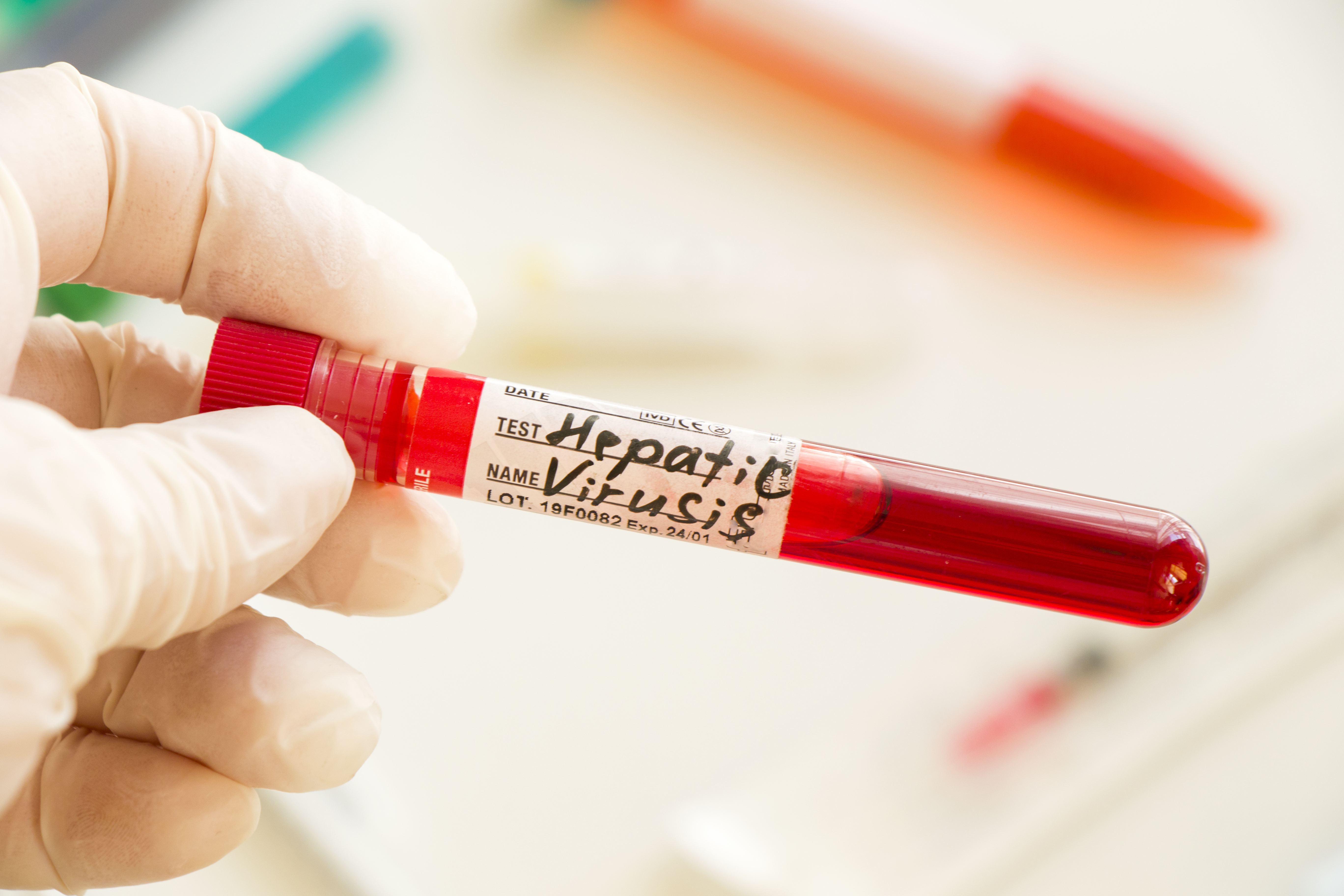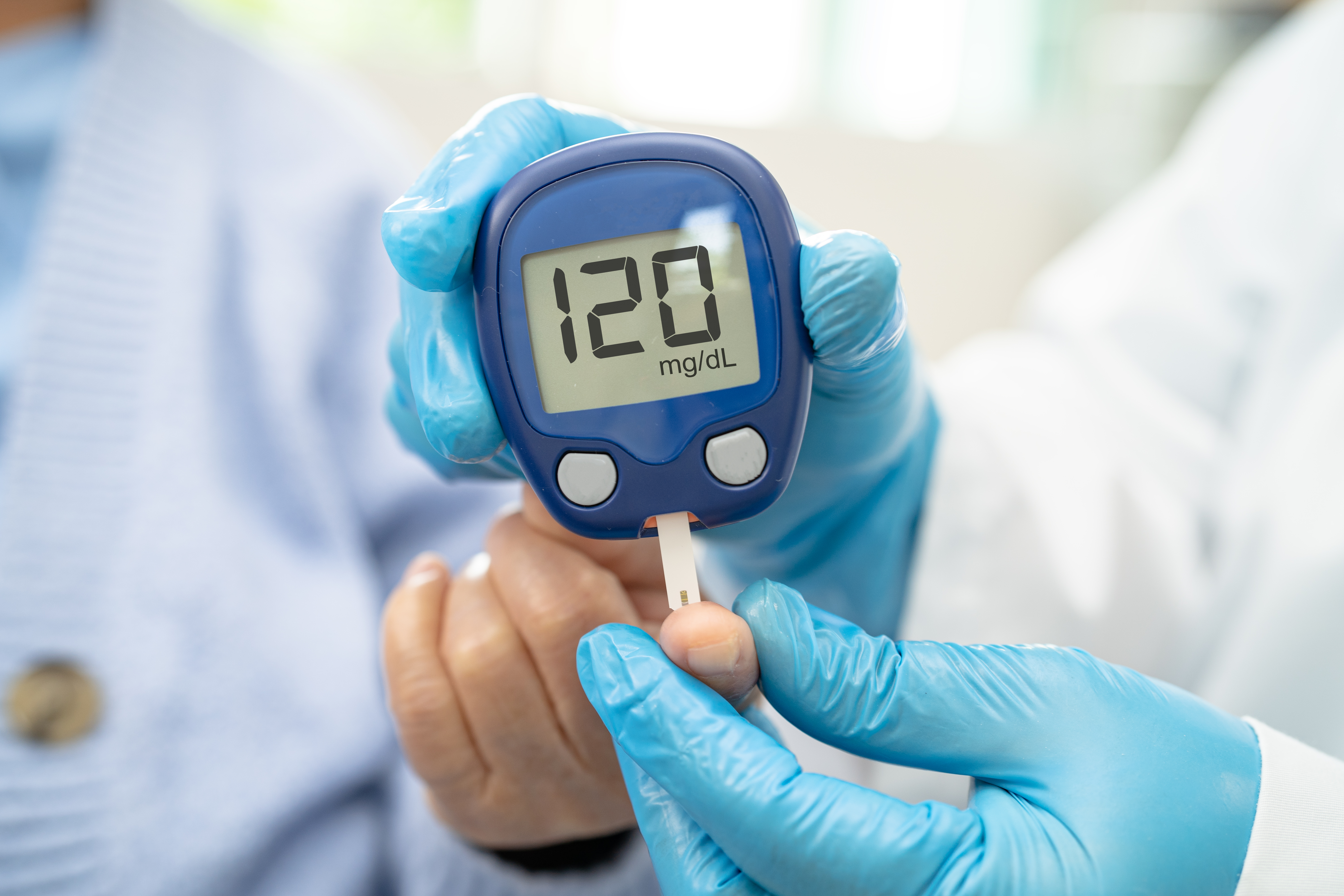11 Unbelievable Reasons Your Kidneys Might Be Throwing a Fit: Glomerulonephritis Edition
Glomerulonephritis is a complex condition marked by inflammation of the glomeruli, the clusters of blood vessels in the kidneys responsible for filtering waste. This inflammation can result in a variety of symptoms depending on the type and severity of the condition. Chronic glomerulonephritis may lead to high blood pressure, abdominal pain, swelling in the ankles and face, recurrent nosebleeds, and increased nighttime urination. Meanwhile, acute glomerulonephritis, often triggered by an infection, can cause fluid buildup in the lungs leading to coughing, along with a noticeable reduction in urinary output. Both forms of the condition can progress to kidney failure if left untreated. Diagnosis typically involves a combination of blood and urine tests, along with imaging studies such as ultrasounds. Treatment varies based on the underlying cause, ranging from dietary changes and plasmapheresis to advanced interventions like dialysis or kidney transplantation. To better understand this condition, we’ve expanded this list to cover 11 potential causes and risk factors, providing a comprehensive guide to the triggers and complexities of glomerulonephritis.
1. Viral Infections

Viral infections such as hepatitis B, hepatitis C, and human immunodeficiency virus (HIV) are recognized as triggers for the development of glomerulonephritis. Hepatitis B is a viral liver infection that can cause cirrhosis (scarring of the liver), and it also increases an individual's risk of cancer. Patients with hepatitis B could experience jaundice, fatigue, abdominal pain, fever, and joint pain, and the condition can be acute or chronic. A vaccine is available to prevent hepatitis B. Patients can contract a similar type of viral liver infection, hepatitis C, through exposure to contaminated blood. Since the early stages of hepatitis C are often asymptomatic, doctors recommend for individuals at high risk for this condition to be screened with a blood test. When symptoms do occur, they can include weight loss, jaundice, spider angiomas, and fluid buildup in the abdomen. Hepatitis C is now curable with a six-month course of oral medication. HIV can be transmitted through sexual activity and through sharing needles or injection equipment with an infected individual. This condition damages the immune system, and patients are especially susceptible to infection. Although HIV cannot be cured, it can be controlled with oral medication.
2. Bacterial Endocarditis

Bacterial endocarditis occurs when the inner lining of the heart (the endocardium) becomes infected by bacteria. Patients with endocarditis may have fatigue, fever, chills, shortness of breath, and chest pain. Catheter use, dental procedures, tattoo or piercing needles, and intravenous use of illegal drugs could all increase a patient's risk of endocarditis. To diagnose this condition, doctors will perform tests such as an electrocardiogram, an echocardiogram, a chest x-ray, and a CT scan. Blood tests will be ordered to identify the specific type of bacteria responsible for the infection. If bacterial endocarditis is present, patients typically need to spend at least a week in the hospital to receive high doses of intravenous antibiotics, and these treatments may then be continued on an outpatient basis. If bacterial endocarditis damages the heart valves, surgical intervention to repair or replace the damaged valves could be required.
3. Strep Throat

Strep throat is a major cause of acute glomerulonephritis. Patients with strep throat typically have a fever, and pain while swallowing is common. The lymph nodes in the front of the neck may become swollen, and patients could also notice small red dots (petechiae) on the roof of the mouth. Strep throat is caused by group A Streptococcus bacteria, and this can be spread by inhaling infected air droplets or by touching a contaminated surface. To test for strep throat, doctors will need to swab the patient's throat. The swab can be tested with a rapid strep test, which gives results in about twenty minutes. The doctor may also choose to perform a throat culture test on the swab. Antibiotics are the standard treatment for strep throat, and most patients are given either amoxicillin or penicillin. A typical course of antibiotics is around seven to ten days, and patients typically notice an improvement in their symptoms after two days. Patients should let their doctor know if they do not get any symptom relief after this period.
4. Polyarteritis

Polyarteritis, also known as polyarteritis nodosa, is an autoimmune condition that causes swelling of the blood vessels. Men are more likely to develop this condition than women, and most patients are diagnosed in their forties or fifties. Polyarteritis can cause swelling of blood vessels throughout the body, including those that lead to the heart, kidneys, and intestines. Patients with the condition could notice sweating, weight loss, fever, and loss of appetite. If the blood vessels that lead to the kidneys are affected, protein may appear in the urine, and patients could develop elevated blood pressure. Doctors use blood tests, urine tests, CT scans, MRI scans, and x-rays in the diagnosis of this condition, and patients may also be asked to have an angiogram or a biopsy as well. Corticosteroids such as prednisone are the first line of treatment, and patients with severe symptoms may also need to take methotrexate or cyclophosphamide. With early treatment, some polyarteritis patients can enter remission.
5. IgA Nephropathy

IgA nephropathy, also known as Berger's disease, is a kidney disease that damages the glomeruli and could trigger glomerulonephritis. In this condition, the IgA protein gets lodged in the kidneys, and this triggers inflammation that could result in kidney failure. The most common symptoms of IgA nephropathy are blood or protein in the urine. To diagnose this condition, doctors perform blood tests, including a test that measures the patient's glomerular filtration rate. Patients also undergo urine tests, and a kidney biopsy may be recommended. Treatment of IgA nephropathy usually includes corticosteroids and other immunosuppressants, and doctors also typically prescribe medication to reduce blood pressure. Patients are encouraged to make dietary changes, including reductions in protein and salt.
6. Lupus Nephritis

Lupus nephritis, a complication of systemic lupus erythematosus (SLE), is a common autoimmune cause of glomerulonephritis. SLE triggers the immune system to attack its tissues, leading to inflammation in various organs, including the kidneys. Lupus nephritis can cause protein or blood in the urine, swelling in the hands, legs, or face, and elevated blood pressure. Severe cases may lead to kidney failure. Diagnosing lupus nephritis involves blood and urine tests to detect kidney inflammation and function, as well as a kidney biopsy for confirmation. Treatment focuses on controlling the underlying lupus with immunosuppressants, including corticosteroids, cyclophosphamide, or mycophenolate mofetil, while medications like ACE inhibitors or ARBs help control blood pressure. Early detection and treatment are vital to managing lupus nephritis effectively and reducing the risk of chronic kidney damage.
7. Goodpasture Syndrome

Goodpasture syndrome, an autoimmune disease, causes the immune system to mistakenly attack the kidneys and lungs. It often results in glomerulonephritis due to the development of anti-glomerular basement membrane (anti-GBM) antibodies. Symptoms can include blood in the urine, coughing up blood, fatigue, and swelling in the legs. Diagnosis involves blood tests to detect anti-GBM antibodies, urine tests, and imaging studies of the lungs and kidneys. Treatment typically includes plasmapheresis to remove harmful antibodies and immunosuppressive medications, such as corticosteroids and cyclophosphamide, to control inflammation. Prompt treatment can help prevent irreversible kidney damage and respiratory complications.
8. Diabetic Nephropathy

Diabetic nephropathy, a complication of chronic diabetes, is a leading cause of glomerulonephritis and kidney failure. High blood sugar levels damage the glomeruli over time, leading to protein leakage in the urine (albuminuria). Patients often experience swelling in the extremities, frequent urination, and high blood pressure. Diagnosing diabetic nephropathy involves monitoring blood sugar levels, blood pressure, and regular urine and blood tests to assess kidney function. Treatment focuses on controlling blood sugar and blood pressure through medications such as ACE inhibitors or ARBs, alongside lifestyle changes like a balanced diet, exercise, and weight management. Early intervention can significantly slow disease progression.
9. Hemolytic Uremic Syndrome (HUS)

Hemolytic uremic syndrome (HUS) is a rare but serious condition that can cause acute glomerulonephritis. Often triggered by bacterial infections like E. coli, HUS leads to the destruction of red blood cells and clogs the kidneys' filtering system. Symptoms include bloody diarrhea, decreased urination, fatigue, and swelling in the hands and feet. Diagnosis involves blood tests to detect anemia and kidney function, along with stool tests to identify bacterial infections. Treatment includes supportive care, such as IV fluids and blood transfusions, and, in severe cases, dialysis to support kidney function. Prompt medical attention is critical to prevent long-term kidney damage.
10. Post-Infectious Glomerulonephritis (PIGN)

Post-infectious glomerulonephritis (PIGN) typically develops after infections such as strep throat or impetigo. The immune response to the infection can create immune complexes that lodge in the glomeruli, causing inflammation. Symptoms include dark or red urine, swelling in the face or extremities, and high blood pressure. Diagnosis requires urine tests, blood tests for kidney function, and tests for recent infections, such as ASO titers for strep. Treatment focuses on resolving the underlying infection with antibiotics and managing symptoms like high blood pressure and swelling with diuretics and antihypertensives. Most patients recover fully with proper care.
11. Alport Syndrome

Alport syndrome is a genetic disorder affecting the collagen in the basement membranes of the kidneys, ears, and eyes. This condition causes progressive glomerulonephritis, hearing loss, and vision issues. Patients often experience blood in the urine during childhood, followed by proteinuria and kidney damage in later stages. Genetic testing, along with urine and kidney function tests, is used for diagnosis. While there is no cure for Alport syndrome, treatments like ACE inhibitors or ARBs can slow kidney damage, and patients with end-stage kidney disease may require dialysis or transplantation. Regular monitoring is essential for managing this condition.
Understanding Glomerulonephritis for Better Outcomes

Glomerulonephritis encompasses a complex spectrum of conditions that can arise from various infections, autoimmune disorders, genetic factors, and lifestyle influences. Early detection and intervention are crucial to managing symptoms and preventing complications such as chronic kidney disease or failure. Understanding the diverse causes of glomerulonephritis empowers patients and healthcare providers to address underlying issues, customize treatments, and protect kidney health. Whether it’s through dietary adjustments, medications, or advanced therapies like plasmapheresis or dialysis, proactive management offers hope for improved quality of life. By staying informed and vigilant, individuals can take meaningful steps to safeguard their kidneys and overall health.
